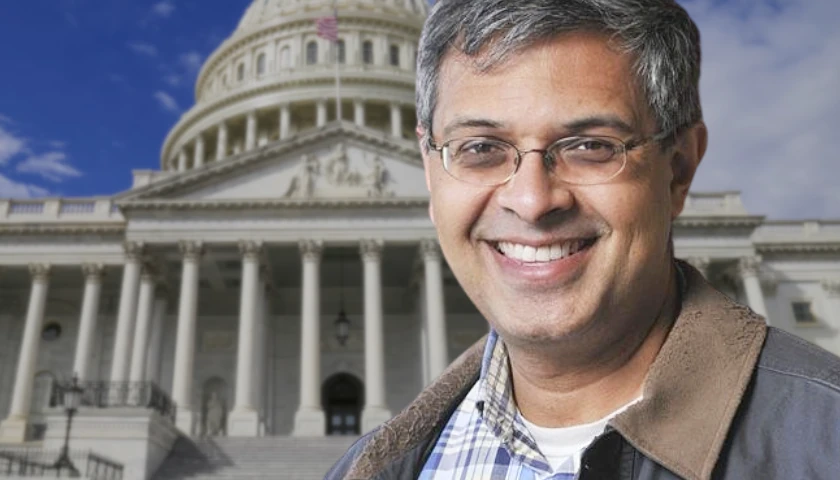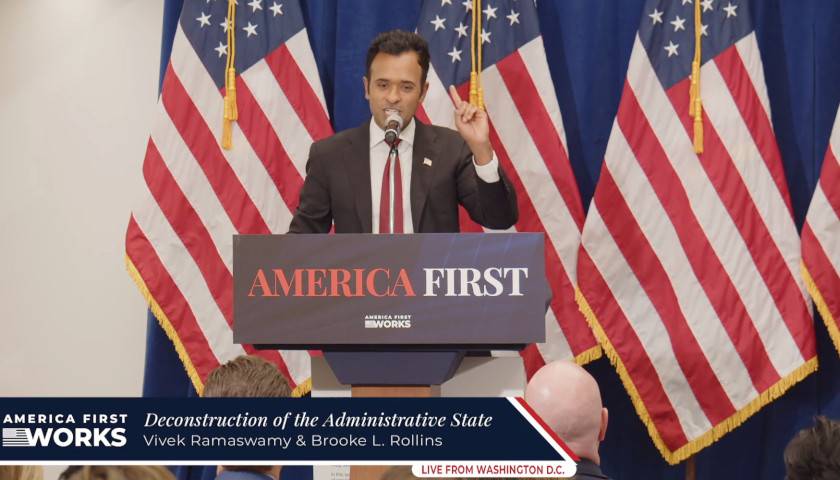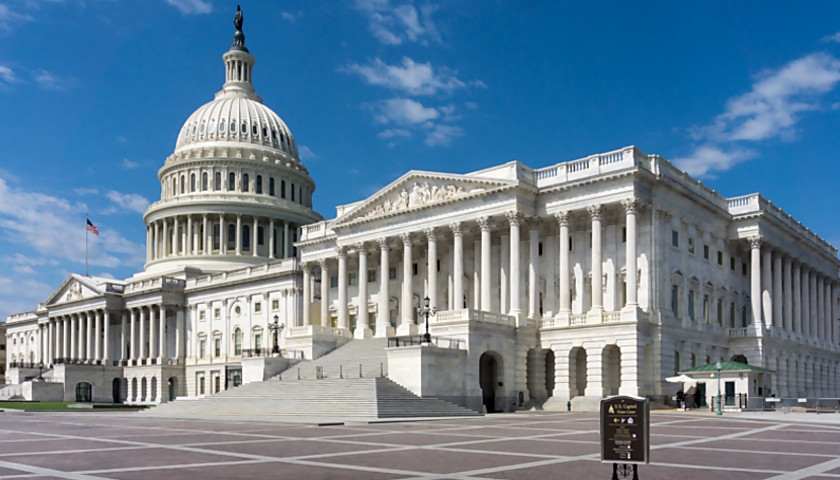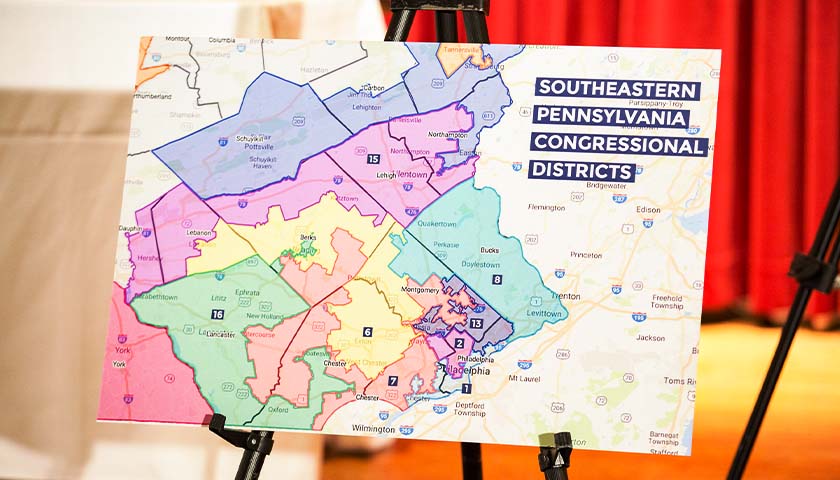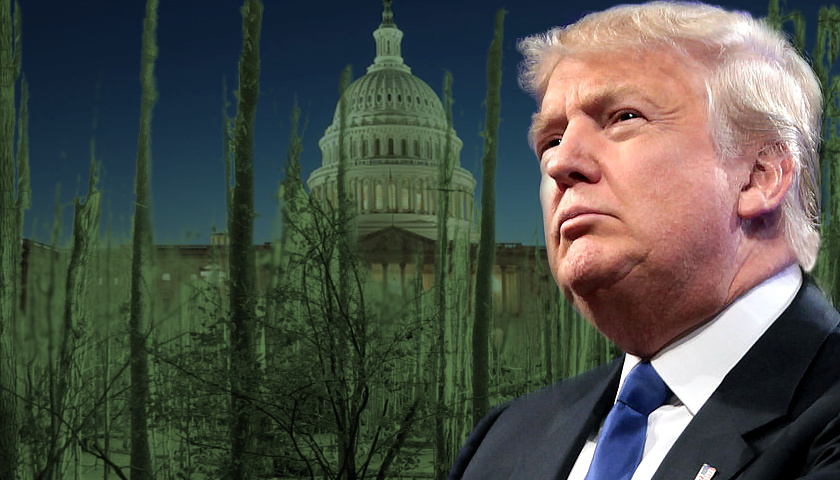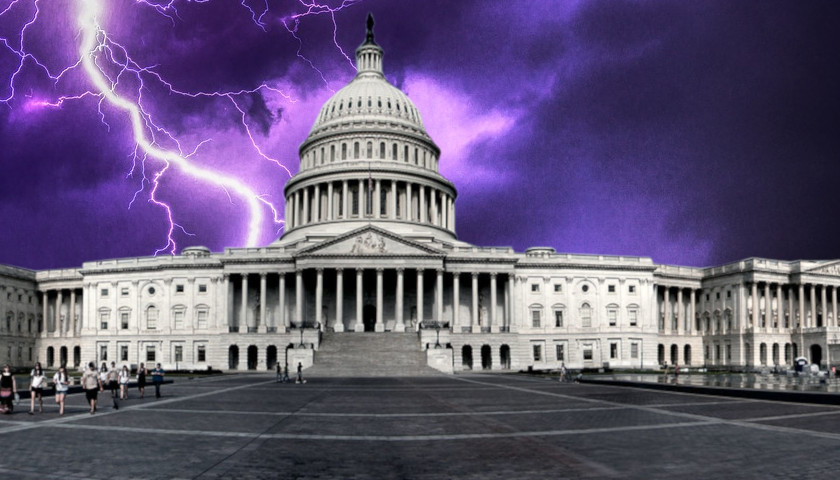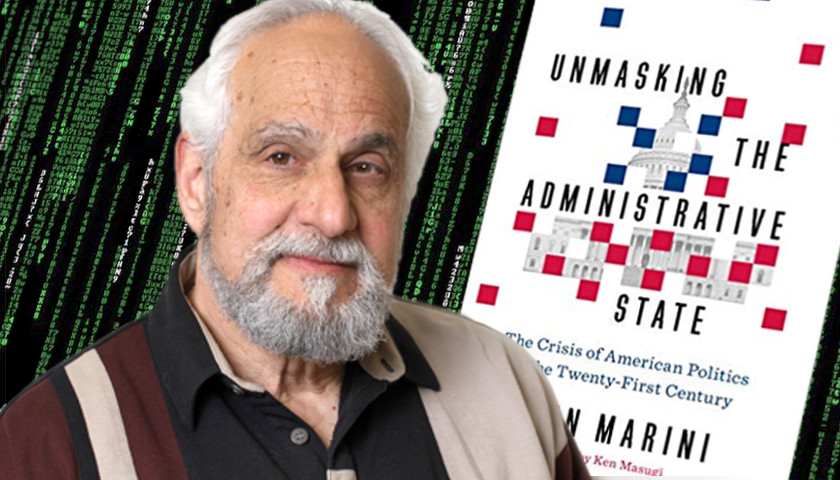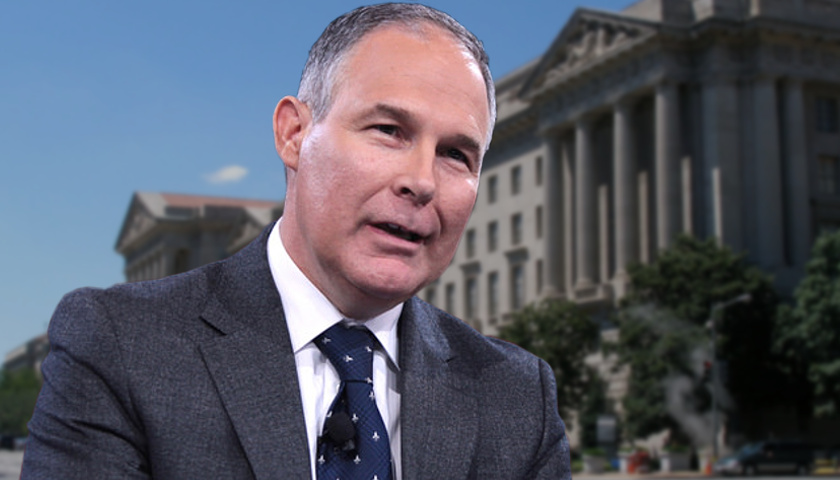Just weeks before President-elect Trump announced that Dr. Jay Bhattacharya would be his nominee to lead the National Institutes of Health (NIH), Dr. Bhattacharya and I were together at Stanford University for a bold, first-of-its-kind symposium on public health decision making during the COVID-19 crisis. The idea behind the symposium was to shatter the public health echo chamber and bring diverse perspectives together in respectful dialogue. Dr. Bhattacharya and I are close friends, but our backgrounds are quite different. He is firmly at home at Stanford, having gone there as an undergraduate, and then going on to get a medical degree and a Ph.D. there before joining the faculty as a Professor of Health Policy. I, on the other hand, am a blue-collar Midwesterner who enlisted the in U.S. Navy after high school. I carry no titles of academic distinction and was likely the only participant at the symposium without a medical degree or PhD.
Yet, I was invited by Stanford to moderate the symposium’s opening panel with seven leading public health authorities from top institutions across the world. What brought me into this unusual position was my expanding work to rebuild truth and trust in public health—a collaboration that began with former NIH Director Dr. Francis Collins and the Braver Angels organization, which is nation’s largest movement working to bridge the partisan divide.
Read More
